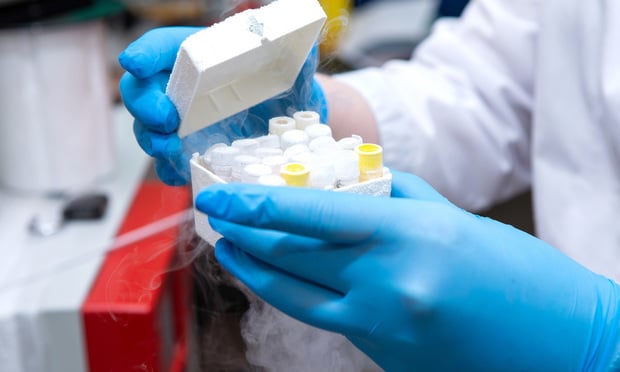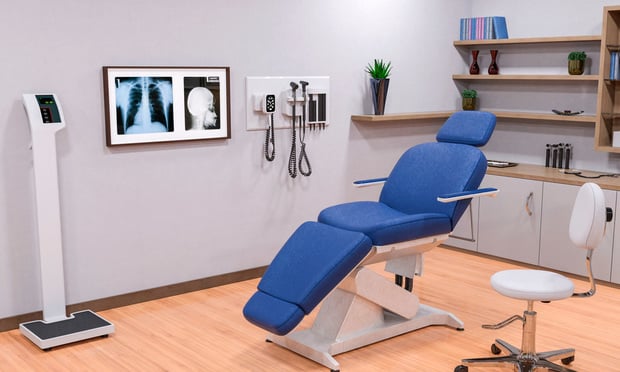About The Author
CONNECT WITH THIS AUTHOR
May 29, 2024
January 10, 2024
December 06, 2023
July 24, 2023
June 30, 2023
May 30, 2023
October 31, 2022
June 15, 2022
May 17, 2022
Trending Stories
- 1Armed man causes UnitedHealthcare buildings to lock down
- 2Employers' ACA coverage in limbo as Supreme Court weighs task force legality
- 3Eli Lilly’s new GLP-1 weight loss drug, in pill form, would be more affordable than Ozempic
- 4Trump tells DOL to develop PBM transparency regulations to lower drug prices
- 5Biden breaks silence to slam Trump over Social Security cuts











